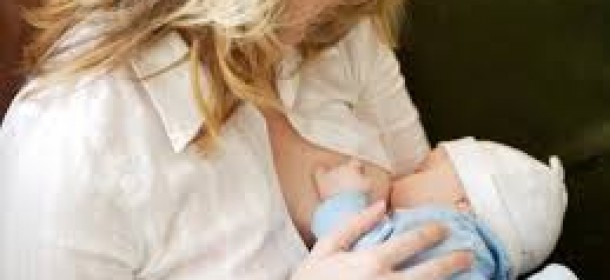My Blog

One of my regular clients asked me to research and present a keynote on ‘Postnatal depression and its effects on breastfeeding’. I found it to be fascinating and discovered all the relevant research and theory around it. I have delivered it successfully five times in the last couple of months. It has also meant that I am more alert now to any ‘new’ information in this area and shall keep adding to it.
I loved breastfeeding and even now, 17 years later, feel that my son and I were robbed of a very special experience, due to me being hospitalised without him. This was even more annoying when I discovered that there was a Mother and Baby Unit we could have been admitted to.
Here are some new sources of information that you may find of interest:
http://www.rcm.org.uk/college/about/alliance/philips-avent/ – Developed using the latest evidence and in consultation with breastfeeding experts, this resource has information and illustrations to help midwives to support women to establish and continue breastfeeding. – See more here
There is a new paper on Postpartum Psychosis, the illness I was diagnosed with, here.
World Breastfeeding week is coming up, August 1 – 7 th, and I have found an excellent list of resources and article in Drew Starr’s blog. Grab a coffee and look at them here. I especially liked the articles on Breastfeeding Nazis and agree with the author, Rebecca Savastio, who comments,
‘Everyone has the right to make their own personal choices without feeling looked down upon by others, and while everyone agrees that breastfeeding is great for babies, there’s no reason why any mom should feel judged, pressured, or hurt for her personal decision, no matter what that decision may be or how it is ultimately reached.’
I also liked ‘Making breastfeeding work for you’ with a link to a Dad’s view.
There is also new UK guidance in NICE Quality Standard: postnatal care (QS37)
‘NICE quality standards describe high-priority areas for quality improvement in a defined care or service area. Each standard consists of a prioritised set of specific, concise and measurable statements. They draw on existing guidance, which provides an underpinning, comprehensive set of recommendations, and are designed to support the measurement of improvement.
This quality standard covers postnatal care, which includes the core care and support that every woman, their baby and if appropriate, their partner and family should receive during the postnatal period. This includes recognising women and babies with additional care needs and referring them to specialist services.’
All new mothers need as much support as possible, especially with practical tasks. I have given presentations to volunteers from Home-Start to help give them an insight into postnatal illness and how sometimes ‘just being there’ can be so helpful. I am delighted to see that the work of this charity has been recognised in a recent study.
So perhaps we all can play a part in helping new mothers in a variety of ways –
1. Be aware of our language and judgements on a new mothers’ form of feeding her baby
2. Offer her practical support in any way you can – look at http://worldbreastfeedingweek.org/ for ideas
3. Volunteer for a http://www.home-start.org.uk/
Elaine




